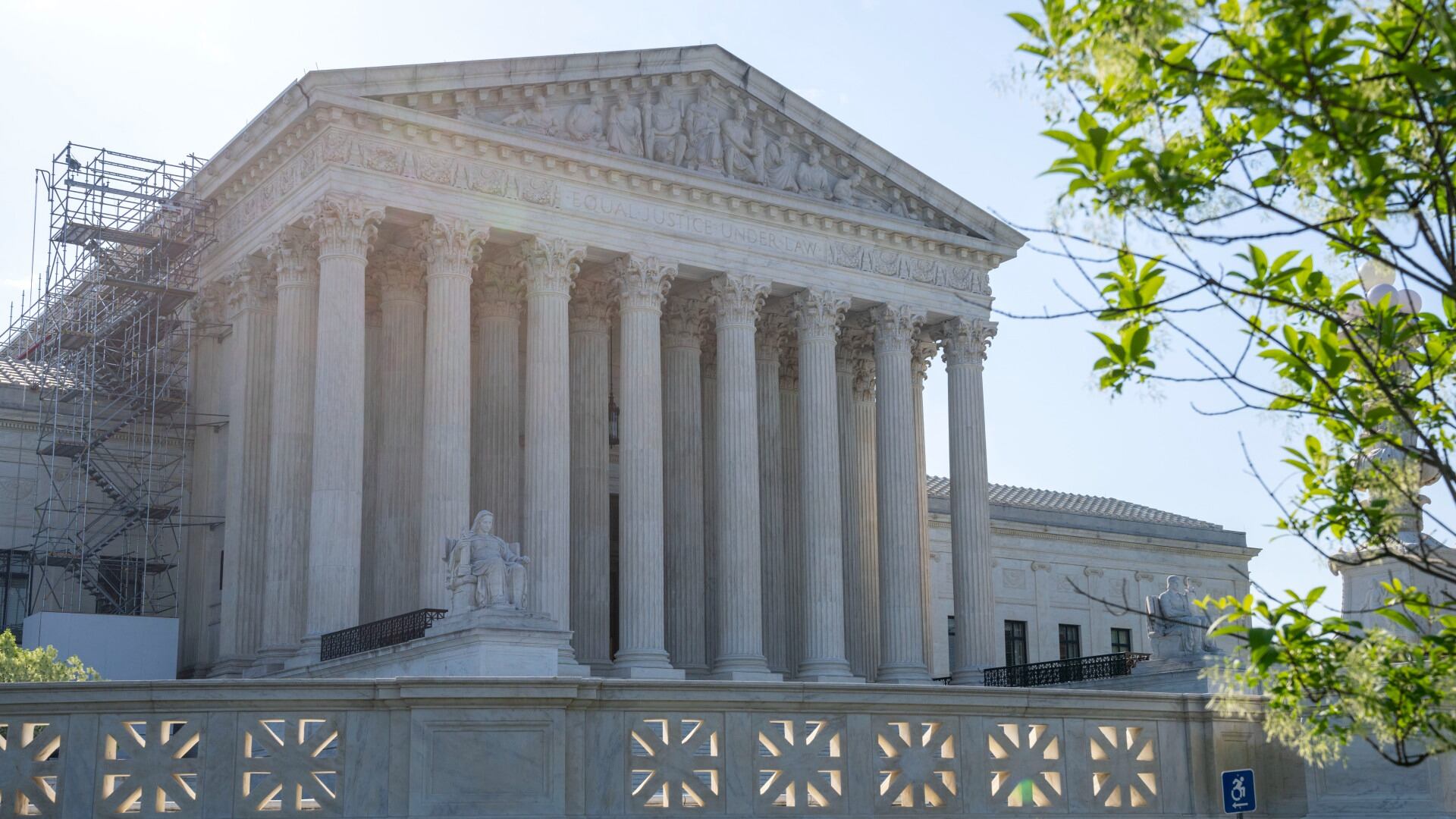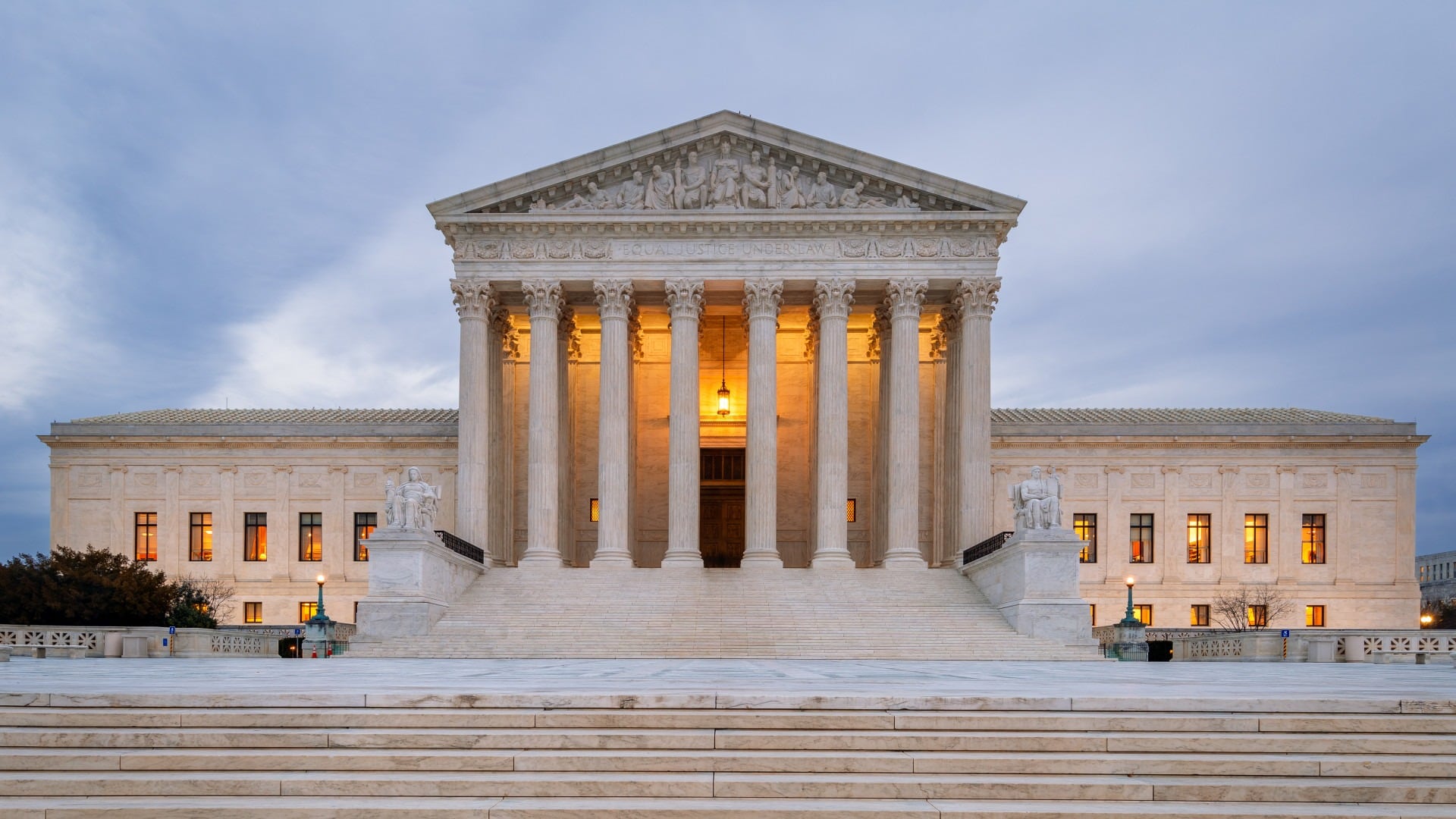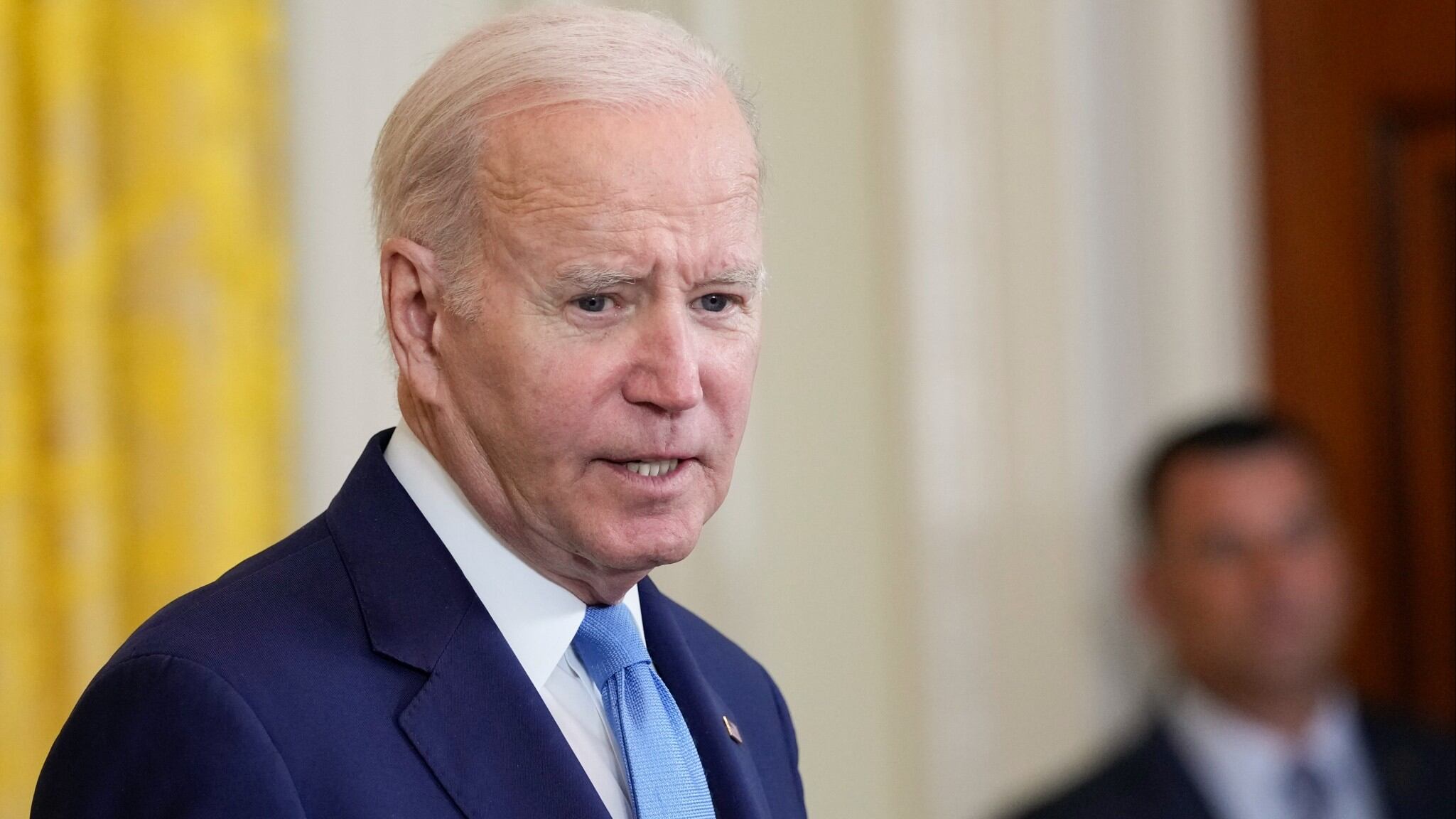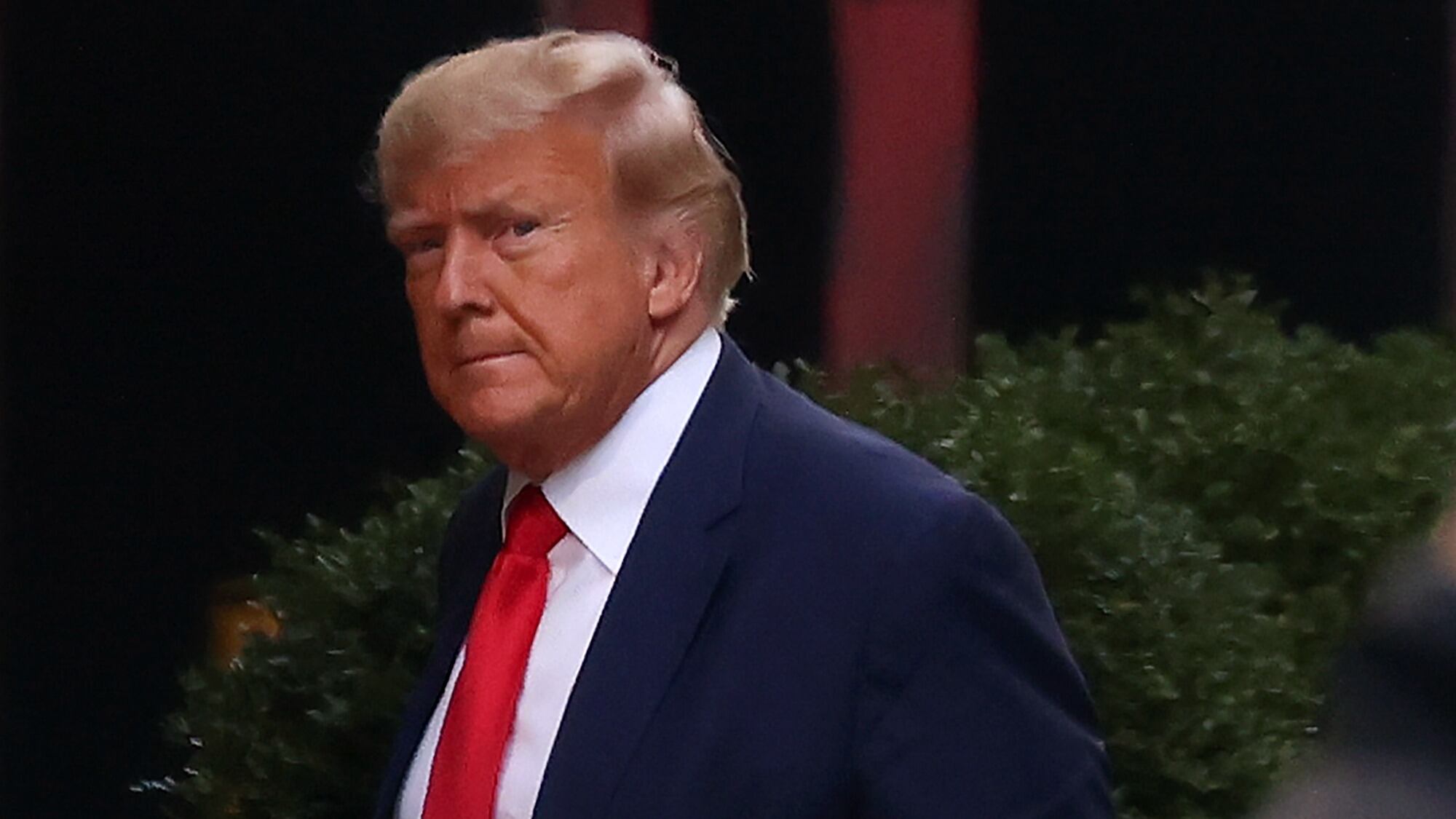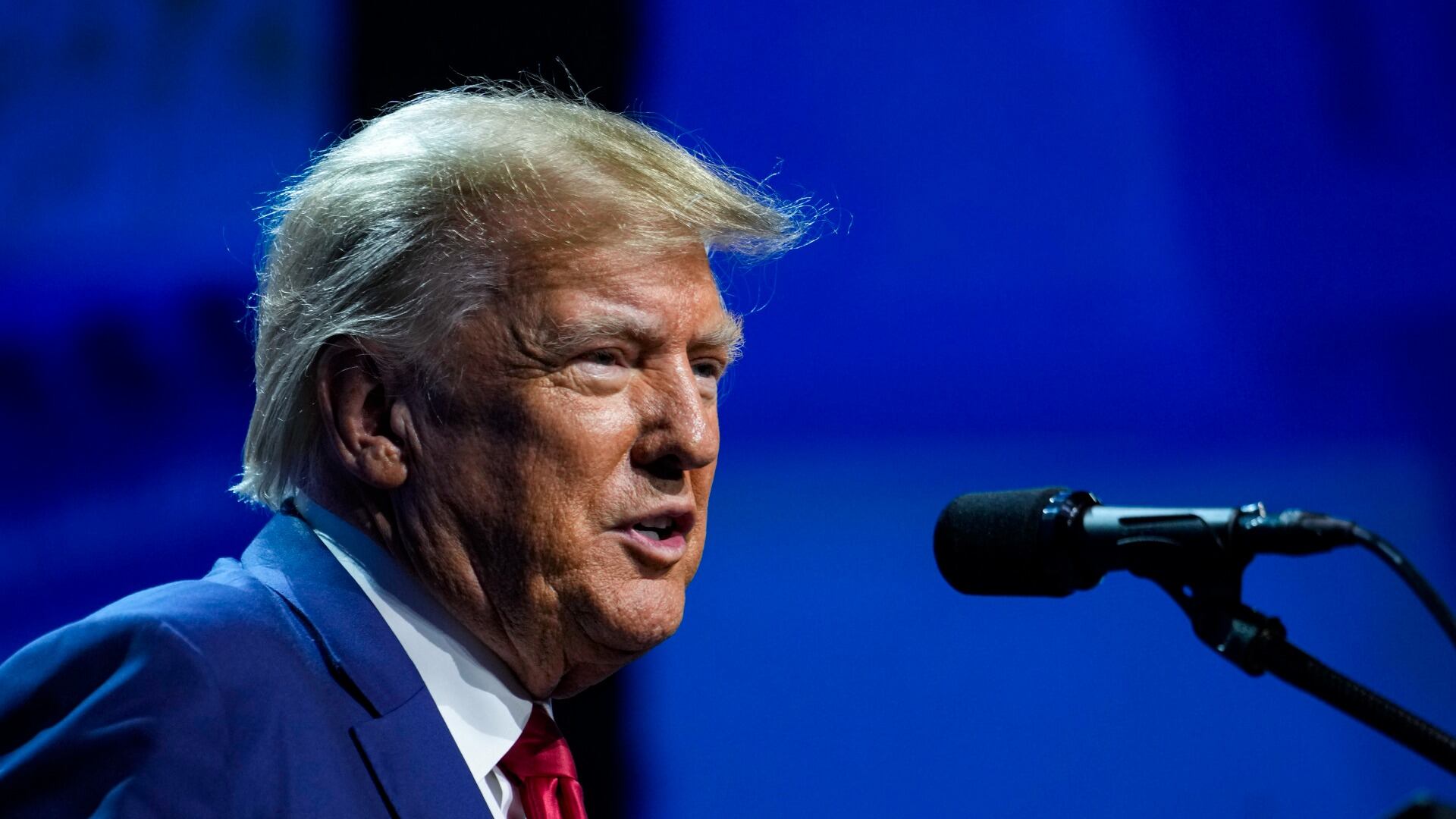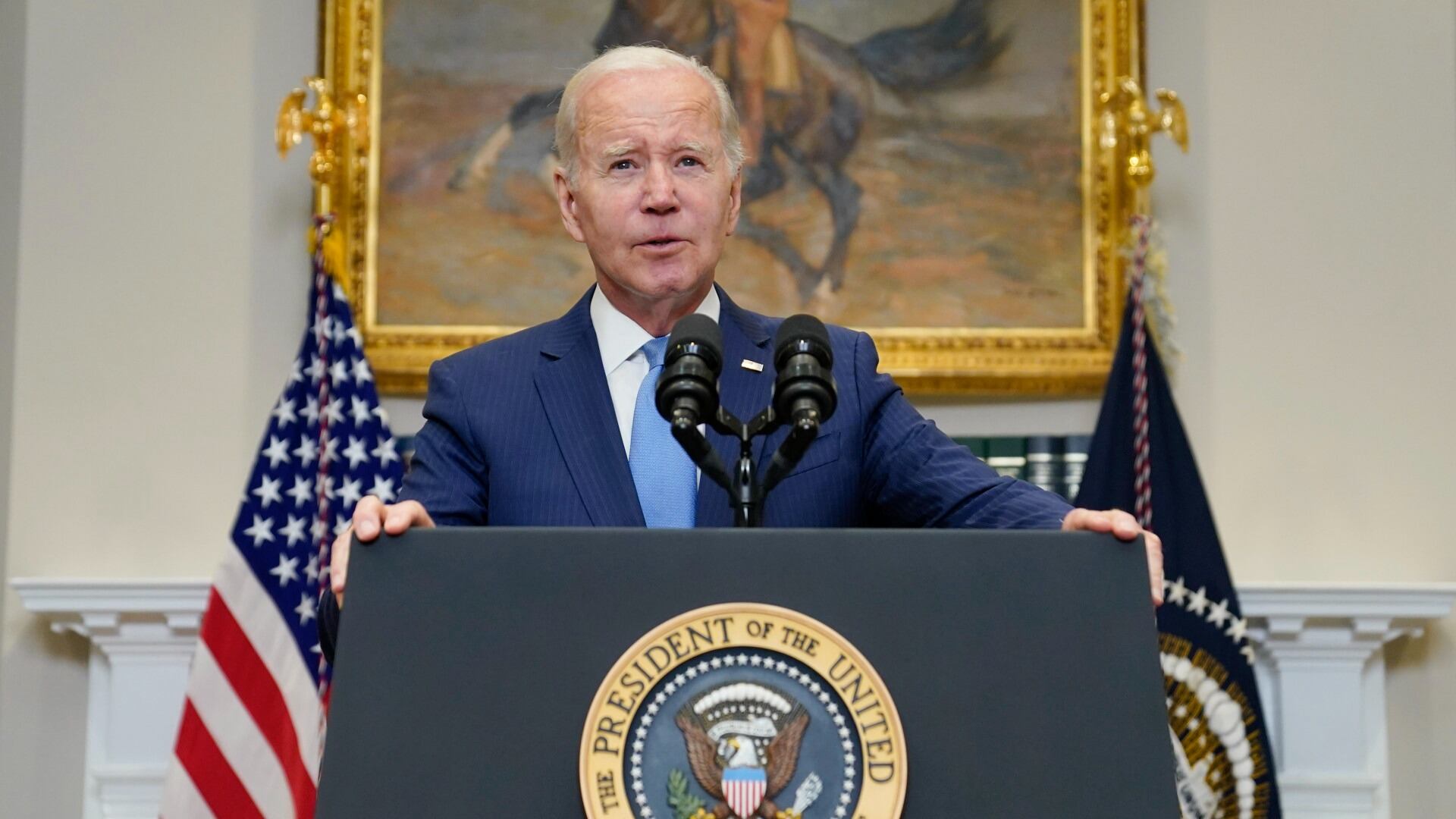By Josef Federman and Aamer Madhani
President Joe Biden raised “hard issues,” including protecting the “checks and balances” in a democracy, in a Wednesday meeting with Prime Minister Benjamin Netanyahu, pushing the Israeli leader to find a compromise on a judicial overhaul that has set off months of mass protests in Israel and concerns in Washington.
Biden also raised concerns about the far-right Israeli government's treatment of the Palestinians, urging Netanyahu to take steps to improve conditions in the West Bank at a time of heightened violence in the occupied territory.
The two leaders sat down and took time to chat one-on-one on the sidelines of the U.N. General Assembly. It was their first meeting since Netanyahu took office at the helm of his country’s far-right government late last year.
Relations have cooled since Netanyahu returned to office with a coalition of ultra-Orthodox and ultranationalist partners. His new government has stepped up construction in West Bank settlements, angering the U.S., and pressed ahead with its contentious judicial overhaul plan despite deep divisions at home and criticism from the U.S. and other allies.
Netanyahu tried to play down concerns about the plan, saying there is “one thing that will never change and that is Israel's commitment to democracy."
Biden opened the meeting by stressing the U.S. friendship with Israel as being “ironclad” and saying that “without Israel, there’s not a Jew in the world who is secure. Israel is essential.” But Biden also acknowledged the tensions with Netanyahu’s government and its policies.
“We’re going to discuss some of the hard issues, that is upholding democratic values that lie at the heart of our partnership, including the checks and balances in our systems,” Biden said. He said they would also talk about a path to a negotiated two-state solution with Palestinians and “ensuring that Iran never, never acquires a nuclear weapon.”
A senior Biden administration official said Biden pushed Netanyahu to find a compromise on his planned changes to the Israeli court system. The official, who spoke on condition of anonymity to discuss the private meeting, did not want to characterize Netanyahu's reaction to what Biden said, only that the Israeli leader understood the need for a compromise.
Israeli media, citing a senior official, said Netanyahu assured Biden he was seeking a compromise. However, Netanyahu has made similar pledges in recent months while pushing ahead with the plan, drawing accusations from his opponents that he is not negotiating in good faith. His coalition pushed the first major piece of the legislation through parliament in July.
A statement by Netanyahu's office said the meeting with Biden was primarily about brokering a peace agreement between Israel and Saudi Arabia.
The prospect of an agreement was also raised by Saudi Crown Prince Mohammed bin Salman, who said in an interview with Fox News being aired Wednesday that the two countries are getting closer to normalizing relations. But Saudi Arabia's de facto leader also said it was “very important” to reach a pact on the treatment of Palestinians as part of any agreement.
“We got to see where we go,” he said. “We hope that will reach a place, that it will ease the life of the Palestinians, get Israel as a player in the Middle East.”
The location of Biden and Netanyahu's long-anticipated meeting — a New York hotel room on the sidelines of the U.N. General Assembly meetings rather than the grandeur of the Oval Office — has been widely interpreted in Israel as a sign of U.S. displeasure with Netanyahu’s new government.
Netanyahu has been a frequent White House visitor over the years, and Israeli leaders are typically invited within weeks of starting their tenure to the Oval Office. But his judicial proposals have raised concerns within Israel as well as the U.S. about his commitment to a democratic system.
Bien held out the possibility of the coveted Oval Office meeting, saying, “I hope we’ll see each other in Washington by the end of the year.” The U.S. later formally invited Netanyahu to the White House, eyeing a meeting in November or December.
Biden himself has repeatedly raised concerns about Netanyahu’s plan to overhaul Israel’s judicial system.
Netanyahu says the country’s unelected judges wield too much power over government decision-making. His plan seeks to give more authority to the ruling coalition in parliament, which he heads. Critics say that by weakening the independent judiciary, Netanyahu is pushing Israel toward authoritarian rule.
The plan has divided the nation and led to months of mass protests against his government. Those demonstrations followed him to the United States, with large numbers of Israeli expatriates waving the country's flag in protest Wednesday in New York. Hundreds of Israelis also protested outside the U.S. Embassy in Tel Aviv on Wednesday.
Early this year, Biden voiced his unhappiness over the judicial overhaul, saying Netanyahu “cannot continue down this road” and urging the Israeli leader to find a compromise.
The Israeli government’s treatment of the Palestinians has also drawn American ire. Netanyahu’s coalition is dominated by far-right ultranationalists who have greatly expanded Israeli settlement construction on occupied lands claimed by the Palestinians for a future state. Israel’s government also opposes a two-state solution between Israel and the Palestinians — a cornerstone of White House policy in the region. The deadlock has coincided with a spike in fighting in the West Bank.
According to a White House summary of the talks, Biden stressed the “need to take immediate measures to improve the security and economic situation” in the West Bank, where violence between Israelis and Palestinians over the past 18 months has intensified to its worst levels in roughly two decades. The two leaders also reaffirmed their intention to stop Iran from acquiring nuclear weapons.
The Biden-Netanyahu meeting came at a time of cooling ties between Israel and the Democratic Party. A poll by The Associated Press-NORC Center for Public Affairs Research found that while Americans generally view Israel as a partner or ally, many are questioning whether Netanyahu’s government shares American values. Republicans were significantly more likely than Democrats to call Israel an ally with shared values.
Topping Netanyahu’s wish list were discussions on U.S. efforts to broker a deal establishing full diplomatic relations between Israel and Saudi Arabia. The White House statement said Biden and Netanyahu discussed the shipping and rail corridor announced at the Group of 20 summit that would connect Israel with Saudi Arabia, the United Arab Emirates and Jordan.
Netanyahu, who also led Israel when President Donald Trump brokered the “Abraham Accords” between Israel and four Arab countries, said a similar deal with Saudi Arabia would “go a long way” to promoting Israel's relations with the broader Arab and Muslim world and help advance “a genuine peace” with the Palestinians.
The White House has acknowledged that it is seeking such a deal, but obstacles lie in the way. Saudi Arabia is pushing for a nuclear cooperation deal and defense guarantees from the U.S.
The Saudis have also said they expect Israel to make significant concessions to the Palestinians.
The Saudi foreign minister, Prince Faisal bin Farhan, told reporters “there is no other way” to solve the conflict than by establishing a Palestinian state. But senior ministers in Netanyahu’s government have already ruled out any concessions to the Palestinians.
Federman reported from Jerusalem. Associated Press writer Isabel Debre in Jerusalem and AP Diplomatic Writer Matthew Lee in Washington contributed to this report.
